Are you interested in beginning research of your family's history? I began this journey about 3 or 4 years ago and here is what I found. I've done almost ALL of my research online, and gotten farther, faster and more comprehensively than anyone else who has researched my family the old fashioned ways. This is the kind of thing that technology is made for. Here's how to use it.
First, lets start with the basics of Genealogy research.
Find the Person
Through direct knowledge or mention/suggestions
Find Their Relations
Get some idea of how they are related, and who they are connected to by family, location, and era.
Verify the Person and Location
Find records that they existed and WHERE (Location is often the only clue you have when research a name like "John Smith," trust me, I have several)
Verify Their Relations
Find records that they are related or at least associated by location. Census records, membership rolls,
Pictures, Pictures, Pictures
Pictures are the gold mine; pictures of people, scans of actual records, scans of book, copies of paintings, etc. - they will verify your research and get family members excited about it.
Beginning Online Research: Start HERE
1. Ancestry.com
THE place to start. Start with the free trial. Put in what you know, and follow the hints. If you get good results, it may be worth paying for. It is a great place to begin, and you will get fast results! Ancestry will give you connections with other users' trees, good factual records (mostly census records) and, if you're lucky, some old photos.
Tips:
- VERIFY what you find...DO NOT rely on connections to other user's trees...they're good for hints, but many people just link away and it creates a lot of WRONG family trees! Lots of links = lots of copiers NOT lots of verification. If there are many trees with the same info, they probably all just copied the same wrong tree. FIND RECORDS FOR PEOPLE!
- Other user trees with detailed info on a person are more likely to be reliable, but even more reliable if they have records connected to the people!
- Download all of the resource/record images (census pages, photos, pdfs, etc.) to your computer when you find them.
- Download the complete family tree in GEDCOM format periodically...(GEDCOM is a pretty universally used format and you'll need it in the next phase.)
2. MyHeritage.com Family Tree Builder - Download it, use it.
Ancestry is good until you get past census records that have been transcribed (~1840). Once you reach Ancestry's limits, you begin the real research. MyHeritage.com has the best free family tree program for your computer (but the built in research and hints are growing, but not very useful). You will be moving away from letting Ancestry find records for you, and having to find more and more on your own. You know you're at this point when Ancestry stops finding records for people and only shows hints to user trees.
The MyHeritage.com Family Tree Builder program is mainly for storing your research on your computer. The program will allow you to import your GEDCOM file (download it from Ancestry), associate images, attach records, create timelines, make maps, generate printable family trees, output printable reports, etc. It is very comprehensive and you don't need a paid MyHeritage account to use the program, but an account will back up your family tree research online.
3. Real Research - Once you get to this point, you'll start having to do some real research. Keep these tips in mind...
Official Records - I try to find official records on every person in my tree.
Graves - Find records of your family in an area? Look for cemetery records at Interment.net and FindAGrave.com. Headstones can tell you a lot. General online searches will often yield cemetery interment lists and headstone inscriptions. Family graves are usually located next to each other, so you can find many clues and relationships just by cemetery records. Keep in mind when looking for cemeteries that political boundaries change (see below).
Geography - Most people think of a place as being a static location, but when you get back to the early 1800s and prior, the US landscape was changing rapidly. State and County lines changed drastically. I have ancestors, that I thought had moved between states and counties several times between 1800, 1810 and 1820 censuses. Turns out, they didn't move, the political lines were just redefined between each census! Websites like Historical County Lines can help.
Books - Google Books is a book search which searches out-of-copyright books, scanned in online (many you can download). Search for name, place, date combinations like "John A. Pond, Laclede, MO 1810." You'll usually find the results in books like "The History of Laclede Missouri" (basically a book about the history of a county or town). You've got to sort through a lot, but I've found accounts of ancestors back to the 1600s in books like these. These are very satisfying and interesting; they give you more than just dates and locations, many stories and relationships are buried here (This website is basically devoted to stories found in these books).
Online Resources
FamilySearch.org - Census and Marriage records search, easy to use, mostly free (links to some records on ancestry.com or fold3.com) ...it's scary what the Mormons have on us.
Fold3.com - (formerly footnote.com) U.S. Military Records back to prior the Revolutionary War. Actual scanned copies of hand written records, pension applications (these will tell you a lot as family members had to write an account of the person to prove identity), etc. (Awesome!)
Archive.org - the big mamma of records; all federal and state census records, book scans, etc... Google books and familysearch.org will often tell you what record or book to find something in but not give you a copy of it... you can usually find the copy on archive.org.
Historical Societies - Historical societies (h.s.) generally do not have a vast web presence, but they can link to "location-specific" and very useful resources. Many h.s. websites will have a list of books that tell the history of the area. They will also have contact information for local resources.
Communicate - Communications are easier than ever with semi-modern technology - EMAIL! Email people you find on these websites (and many others). It doesn't matter if the post is 8 years old...email them! Share a little of what you know, and hopefully they can give you more info! I met my mother's cousins for the first time by emailing an email address that I found on a forum who was asking questions about some of my ancestors! They sent me copies of letters between my G-G-G-G-Grandfather and his future wife during the Civil War!
I say email for the privacy and un-intrusiveness of it. Keep in mind that Facebook and social networks can be very public and intimidating to older generations, when family is often considered a private affair. People can take their time with email and respond to when they want to; if they want to; and without risking 'making info public' unintentionally. It usually takes a few exchanges of info to get familiar with and to verify your identity to each other, but it is worth it!
Back to Old School - If your family is like mine (it probably is); there are certain things no one wants to talkabout; there are family photos that people horde; purposely forgotten events; etc.
How do you overcome this? Patience, gentleness, persistence, cunning and more patience. You've got to be the diplomat/politician sometimes to get information. Leverage what you've got for what you want. You've amassed a wealth of knowledge about your family. As you share, you find out who's interested, who likes to gossip, who will tell you their unfiltered opinion, etc. Sometimes you share info to start the conversation, sometimes you find the right person to ask, sometimes you give the wrong info to get the right info, sometimes you just snoop. Other times technology can save you, instead of asking to take a picture home to scan it, go take a good photo of it with your phone. Don't be pushy about it, just show you're interested and most are unexpectedly willing to tell you about their life...just be sensitive to "touchy" subjects.
Tips & Things to Keep in Mind
- You are researching your tree, you will run into other people researching their tree; while relations can be interesting and helpful they can also be tangents, you decide.
- Download a copy of everything you find! Do it when you find it! Keep it organized so you know who it refers to. You can print it later if it's downloaded, but you may never be able to find it again online!
- Don't get hung up. You often cannot verify a relationship immediately. Instead of bogging down in this single point of interest and usually losing interest, research concurrent peoples and ancestors of the unconfirmed relationship. You will usually find your verification a little further down the path.
- When you find yourself researching people that you're not sure of their relation, keep everything you find until you find proof (positive or negative) of their relation. It's easier to delete, than to find it again.
- Share with your family, but remember that the whole tree only applies to your siblings, everyone else is only related to half of your tree...they're usually not very interested in the other half.
- Pictures, people love pictures! (However, they are usually the hardest thing to come by online.)
- Information of living people is hard to find online, you'll have to get most of that the old fashioned way.
- I am a caucasian with roots in America from the 1500s. While these are pretty comprehensive resources/techniques that I share, there are many other resources that I don't cover that can provide more/better assistance to other races & heritages.
Happy Hunting!
Guess what. You've now become the family historian! It's your responsibility to gather stories and record them for future generations ... so when your great-great-great-grandson is researching his family and stumbles onto the treasure you've amassed, he's wealthier than he could have imagined!





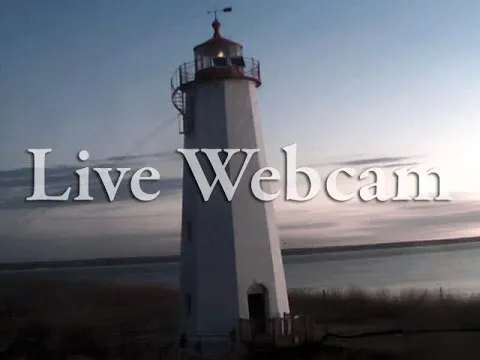
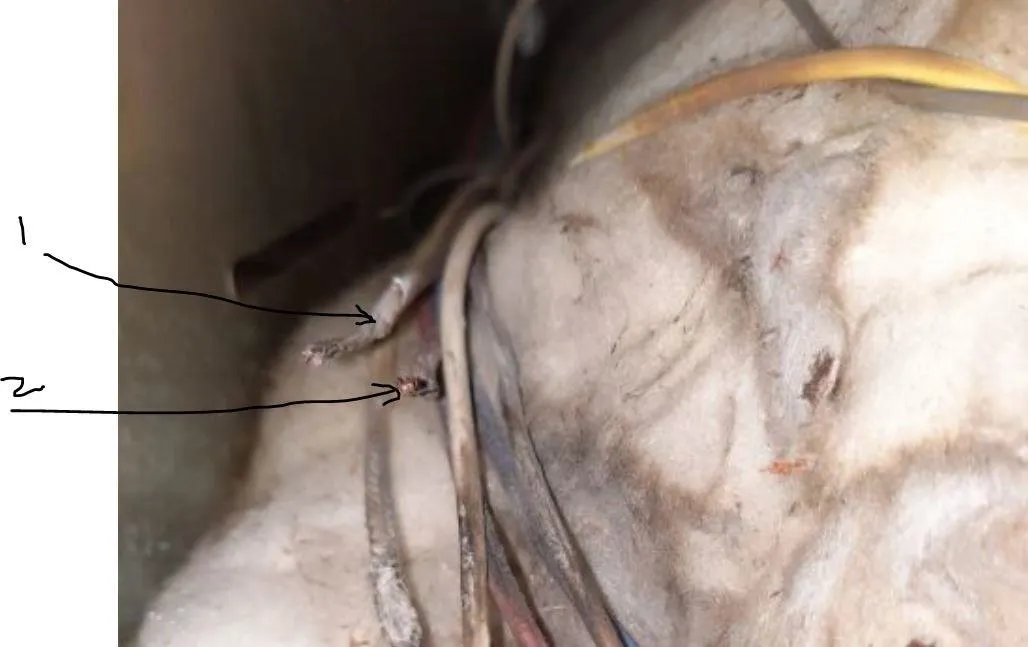





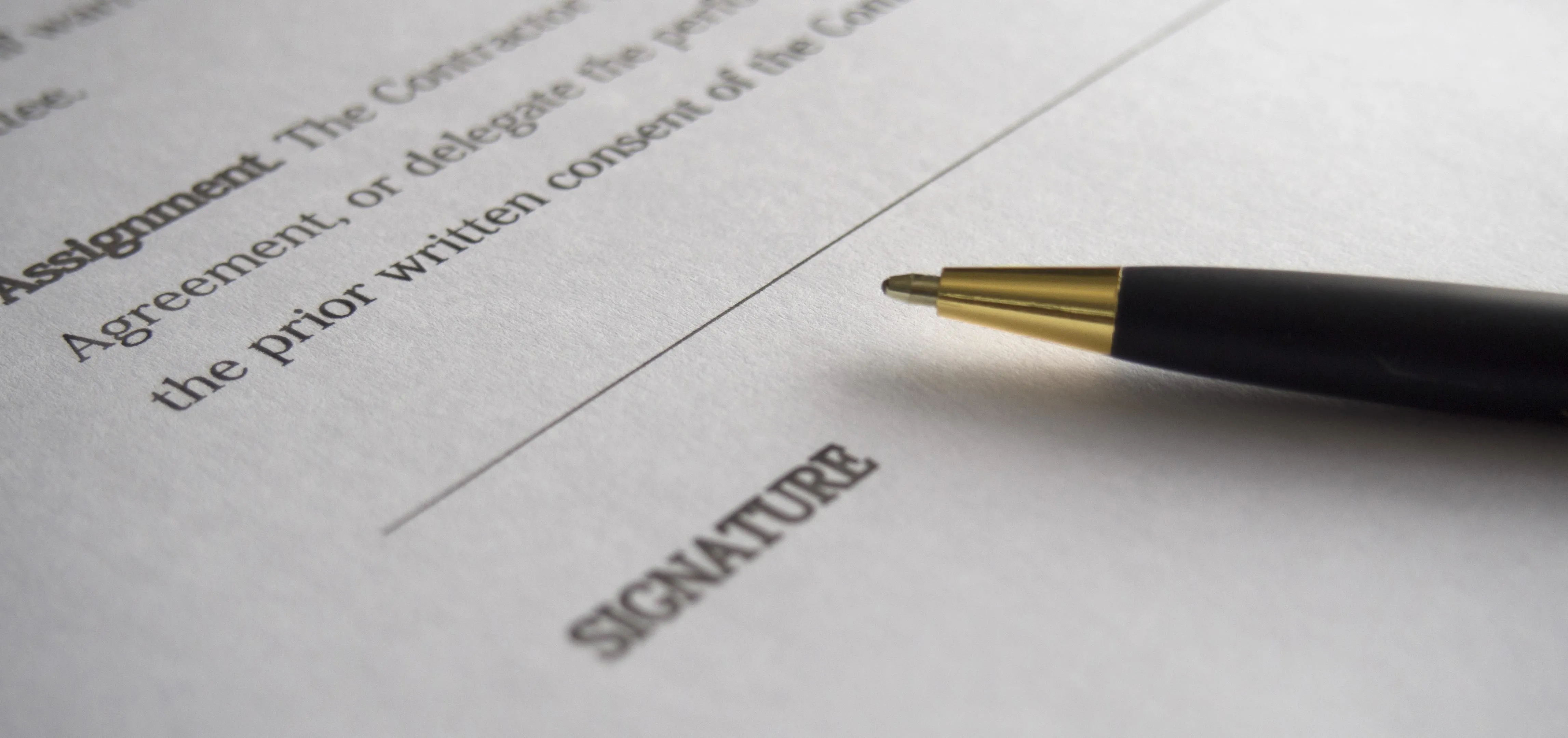


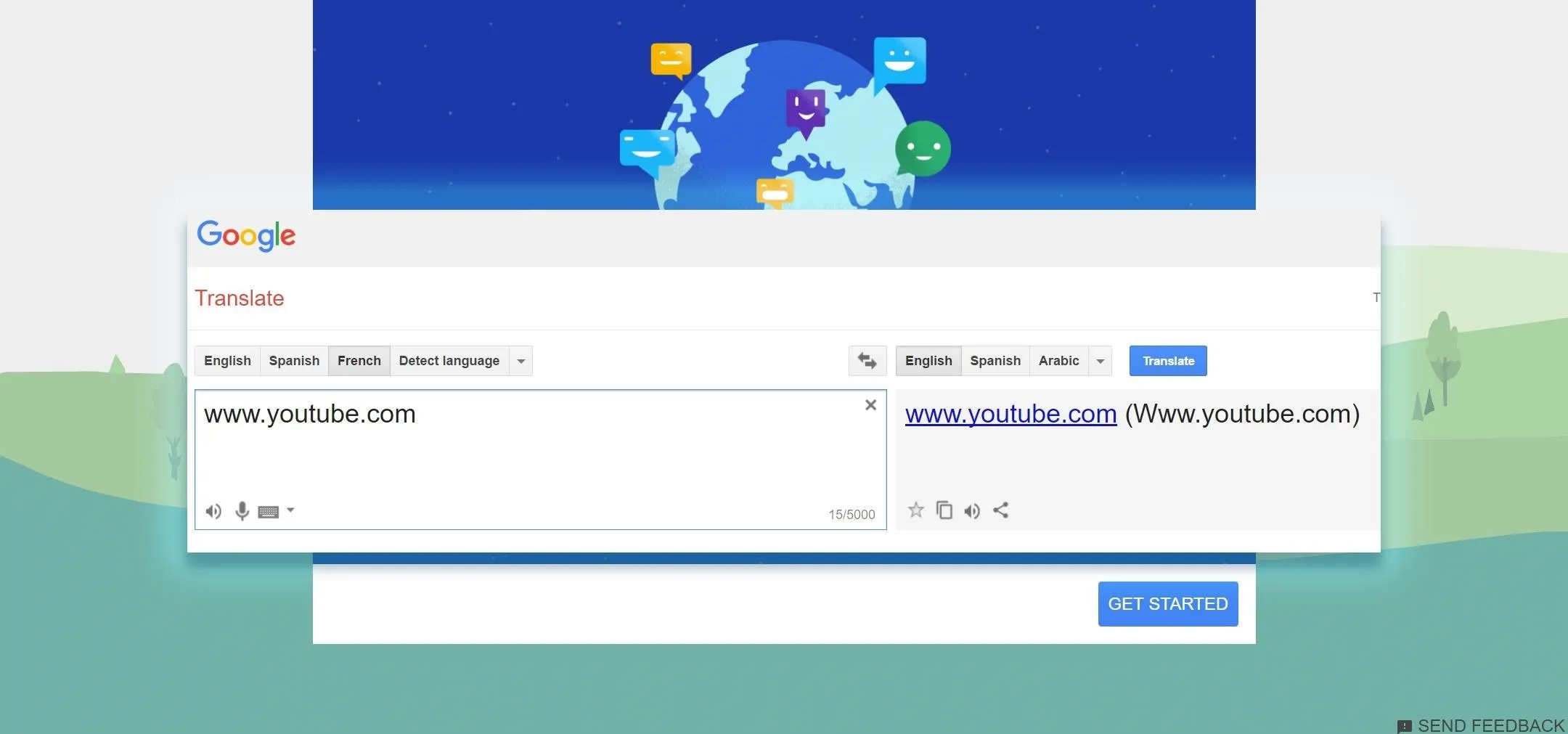
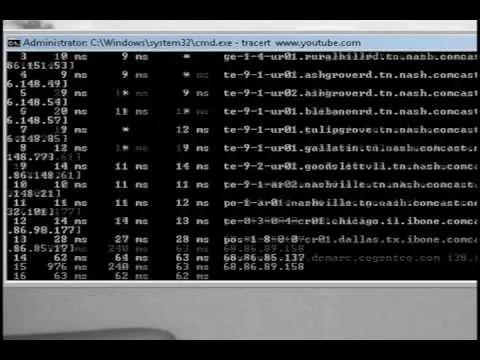
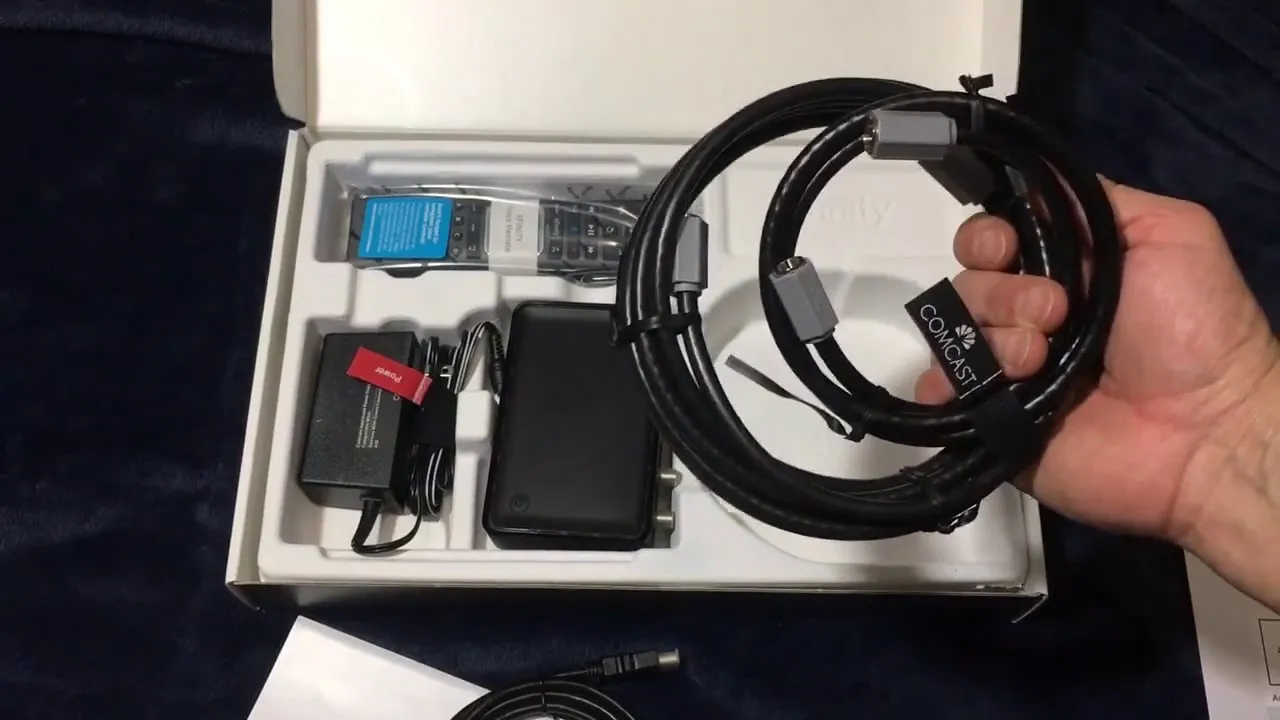

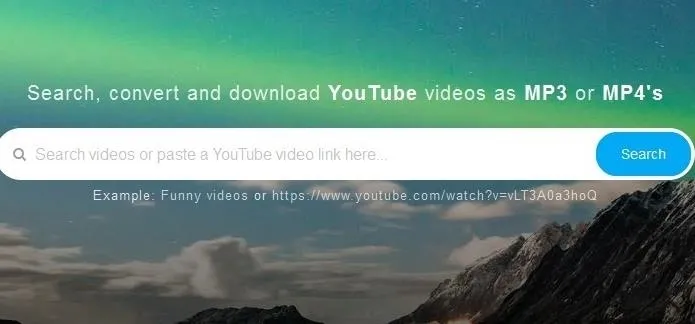
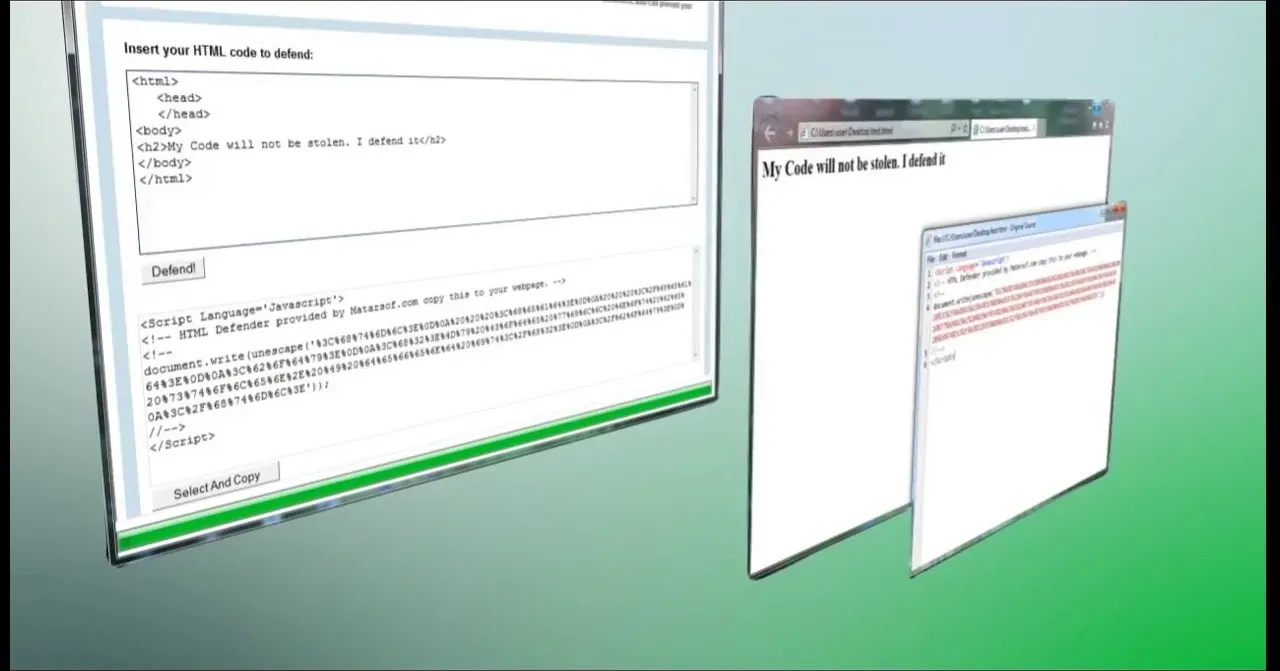
Comments
Be the first, drop a comment!